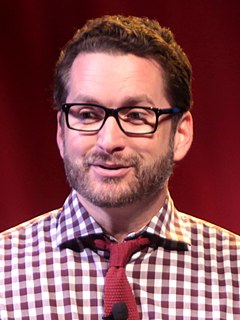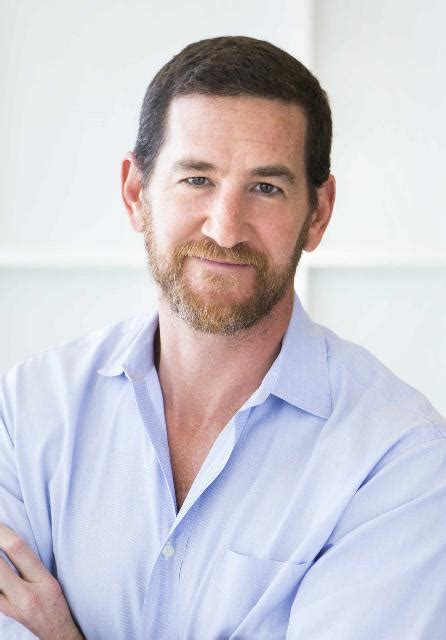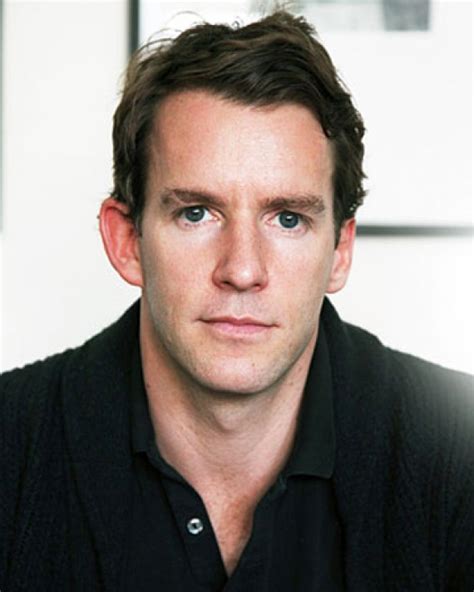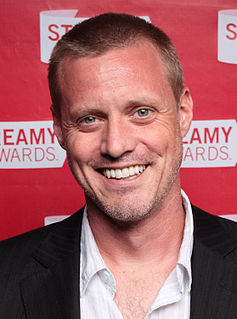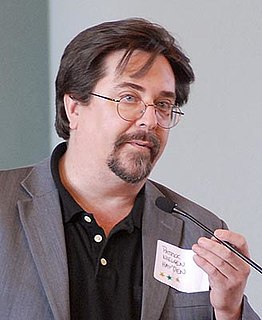A Quote by Burnie Burns
I lived a significant portion of my life before the Internet and smart phones.
Related Quotes
The Greek idea of fate is moira, which means "portion." Fate rules a portion of your life. But there is more to life than just fate. There is also genetics, environment, economics, and so on. So it's not all written in the book before you get here, such that you don't have to do anything. That's fatalism.
On street corners everywhere, people are looking at their cell phones, and it's easy to dismiss this as some sort of bad trend in human culture. But the truth is life is being lived there. When they smile - right, you've seen people stop - all of a sudden, life is being lived there, somewhere up in that weird, dense network.
